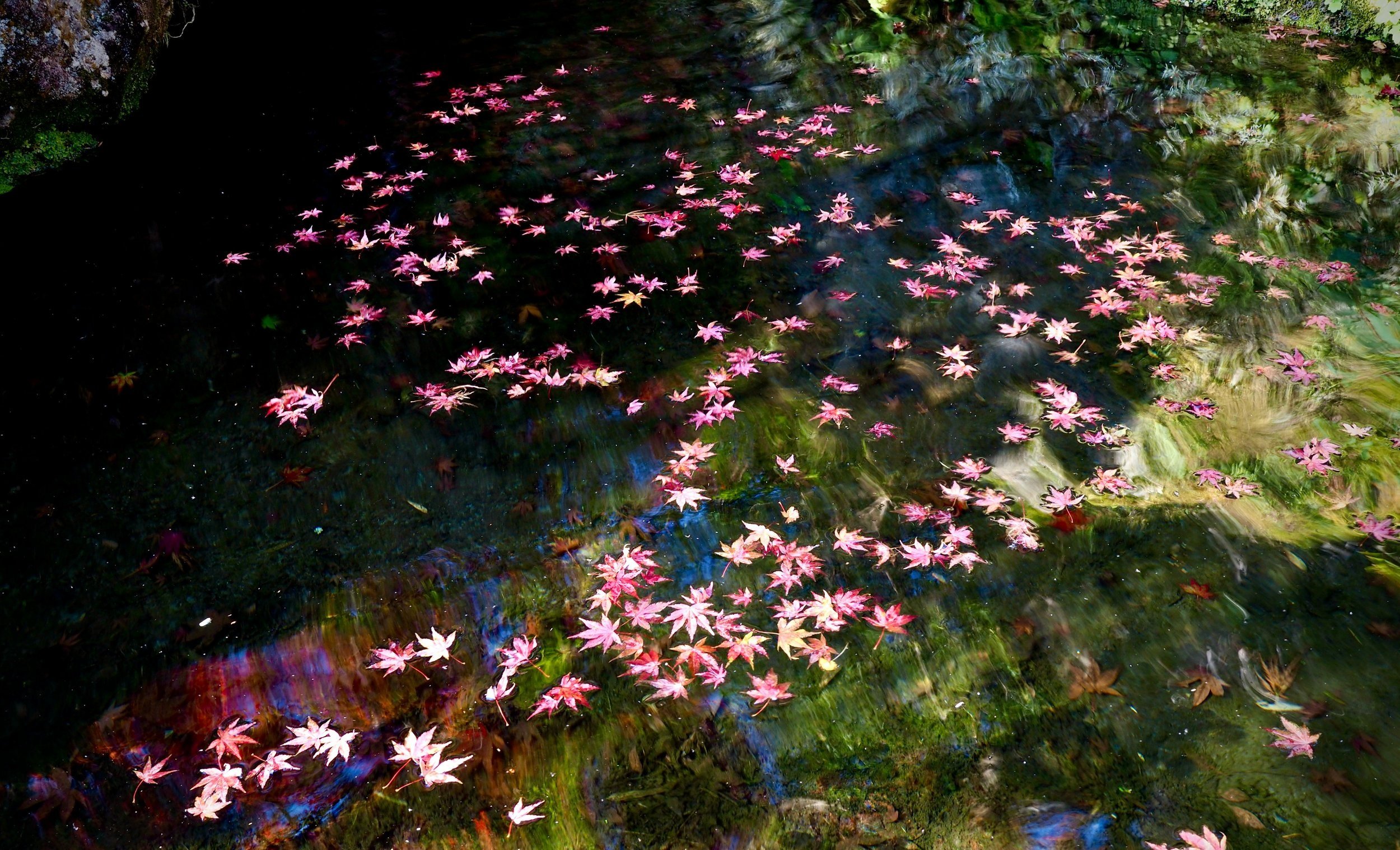
Editor’s Note | Kelly McMasters
6.1.2025
Hempstead, NY
Welcome to Windmill’s eighth issue. Eight is a number associated with balance, even if the year felt anything but stable. A national election, international turmoil, the ascendance of AI, and higher education’s struggle for survival upended many of our expectations for the year. Week after week in the Windmill classroom, the drumbeat of deadlines and the beauty of the line were welcome focal points, keeping us steady in the storm.
Along with our fantastic Windmill writers, the authors visiting campus for the Hofstra English Department’s Great Writers, Great Readings series were also vital mainstays. In October, we welcomed Nigerian-born Chimamanda Ngozi Adichie, who spoke passionately about the long arm of colonialism, the danger of book banning, and the need for college students to read whole books. A few months later, writer and activist Emily Rapp Black joined us to honor the 35th anniversary of the Americans with Disabilities Act. After reading from her blisteringly beautiful book, Frida Kahlo and My Left Leg, the audience joined her at Hofstra’s Emily Lowe Gallery to celebrate the exhibition EVERY body, EVERY mind, highlighting our campus’s important history in championing the rights of people with disabilities. The conversations with both authors from the series are adapted here in our issue.
The year also marked an inaugural collaboration with another capstone class on campus. The Swing Agency is housed in Hofstra’s Public relations major and Windmill was lucky enough to have our lit mag taken on as a client this year. The PR team dusted off our socials, nabbed us some print and radio interviews, and supported a Lit Mag Launch Party in collaboration with our student literary magazine, Font. We welcomed guests from campus and the surrounding community, as well as local writers including novelist June Gervais (whose work you’ll see in a forthcoming issue) and Issue 8 contributor Khaholi Bailey, whose essay “Borderlands” anchors our Creative Nonfiction section. Our student writers read alongside the published writers, and Issue 7 contributor Julie Lunde even sent a recorded reading of her wild speculative story, “The Unfinished Business of René Daumal.” The table filled with stacks of Font and Windmill literary magazines was rivaled in popularity only by the dessert table.
Our cover this year features art by Hellen Albuquerque, whose dreamy Polaroid-esque images conjured the hopeful nostalgia that marks our current issue. Our art section also showcases images from Colorado artist Eileen Dolbeare, whose chronicled trips to a place called Poet Farm extended so many of the questions this issue asks about home and our place within it.
That our eighth issue features a horizon line on its cover feels fitting for this very reason. When rotated, of course, the number eight turns into an infinity symbol, a constant loop, reminiscent of the endless waves of the sea. At the root of Hurston’s push and pull of questions and answers is curiosity, one of the many human qualities that is wholly impossible to reproduce by AI. Wonder remains our guidepost, even in the most unstable times.
Issue 8 grapples with uncertainty, but ends squarely on hope. We invite you along with us and, as always, thank you so much for spending time with our writers and these pages.
With hope,
Kelly McMasters